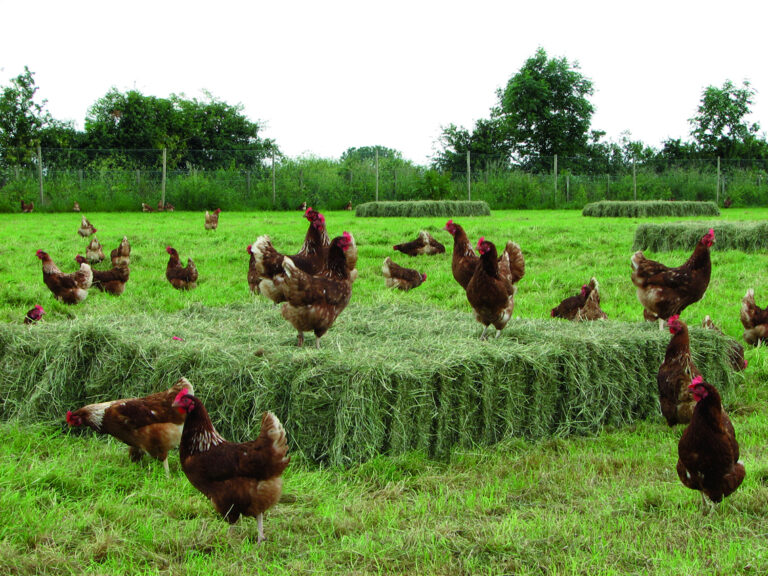Poultry farmers in Northern Ireland have reacted with alarm after the Northern Irish department of economy said it would need to extend temporary caps on renewable heat incentive scheme (RHI) payments it brought in following the scandal that lead to the collapse of the government at Stormont earlier this year.
It emerged some farmers had installed multiple biomass boilers in order to claim against the unlimited funds made available by the government, in some cases heating empty sheds, because unlike in the rest of the UK, no limit was set on payments.
Earlier this year, The Renewable Heat Incentive Scheme (Amendment) Regulations NI) 2017 (“the 2017 Regulations”) introduced capping and tiering for small and medium sized biomass boilers accredited before November 2015.
According to the department for economy, this brought the compensation to scheme participants closer into line with the original intention of the scheme which is to provide them with a target 12% return on their capital investment and compensation for other additional costs to support the switch away from fossil fuels. It also brought forecast scheme expenditure back into line with the budget provided by the UK Government.
In order to ensure that compensation remains more closely in line with the original intention of the scheme and that expenditure continues to be brought back into line with the budget, the department said it “intends at the appropriate time and subject to the decision of the Courts in the present Judicial Review and to Assembly approval, to extend the 2017 Regulations for up to a further year until the 31 March 2019. It must be emphasised that this is a temporary measure which will give the Department the opportunity to develop the long term arrangements needed.”
The Ulster Farmers’ Union said that while it welcomed confirmation that non-domestic RHI installation audits will commence this month, it is “extremely concerned” that the department for economy intends on seeking an extension to the current 2017 RHI Regulations.
At the beginning of June, the UFU raised concerns about the delay to the renewable heat incentive (RHI) scheme audit process and had pressed senior officials within DfE to confirm when these audits would get underway. “Back in June we made clear of the need to prioritise the audits so that those using the scheme legitimately could be cleared of any wrongdoing,” said UFU chief executive Wesley Aston. “We want to see the audits carried out in a quick and timely manner. The vast majority of people using the scheme have operated in line with RHI regulations and they want to see a fair solution found.”
Aston said the Department’s latest announcement of their intention to extend temporary legislation beyond 31 March 2018 is concerning. “From the outset it was made clear that the temporary capping of tariffs was to allow for a longer term solution to be found and it is unfair to expect RHI legitimate recipients to suffer financially,” said Aston. “These people have made investments in a long term programme backed by government and they should not have to carry the financial burden while we wait on Ministers to be appointed and the formation of an Executive.”
The UFU has written to Dr Andrew McCormick, DfE Permanent Secretary, to seek clarity on the temporary legislation that is currently in place and to discuss further its plans of a public consultation on future RHI Legislation.
Notes:
- For medium size biomass boilers (20kW to 199kW), the 1st tier of 6.7 pence per kWh applies to the first 1,314 hours each year.
- The 2nd tier of 1.5 pence per kWh applies thereafter up to a limit of 400,000kWh in each year.
- It should also be noted that the allowance of 1,314 hours to be paid on the first tier applies each year before stepping down to the second tier tariff.


